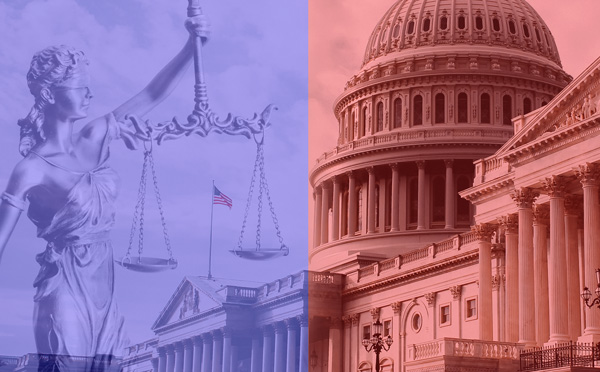
President Biden issued his budget on March 9, which outlined the Administration’s policy priorities and vision for federal spending in the next year. Important for the HCH Community, the HHS and HUD budgets include significant expansions to health care and housing programs, largely paid by making the rich pay their fair share in taxes. Key take-aways from our recently updated Appropriations chart and fact sheet of the more impactful provisions:
- $1.7 billion more for health centers, to include a major expansion of behavioral health services (requiring all health centers to provide behavioral health services)
- A new federal program to close the Medicaid coverage gap in non-expansion states
- Significant increases in state funding for mental health and substance use treatment, as well as more funding for harm reduction programs and services
- Major new funding for rental assistance, to include an entitlement for youth coming out of foster care and low-income veterans
- New funding for public housing, eviction prevention, and increasing the housing supply
This budget stands in stark contrast to the budget that Republicans in Congress envision pushing forward. While details have not yet been released, there are strong assertions that severe cuts to Medicaid will be a priority. Proposals include imposing a nationwide work requirement, changing the financing of the program from an entitlement to a limited block grant or capped program, and/or eliminating the law that expanded Medicaid to single adults. Any of these changes would be devastating to the ~90 million people currently on the program—but remain long-standing goals of the Republican Party. In response, the White House released a fact sheet outlining the impact of these policies and the critical importance of Medicaid to the health of the nation.
It is worth noting that in order to become Speaker of the House, Rep. Kevin McCarthy agreed to balance the budget by cutting trillions of dollars from the budget—and to tie those cuts to any agreement on increasing the national debt limit. Broadly, they want to cut most programs back to 2022 funding levels, which would devastate just about all safety net programs (to include food and housing assistance, among others).
Budgets are moral documents in that they illustrate the priorities that actually get funded (as opposed to what policymakers might SAY is important to them). Hence, what Congress chooses to fund—and chooses not to fund–are conscious choices, not accidents.
If you have questions, post your comments below or contact us on the Policy Team.
Let us know what you think.
